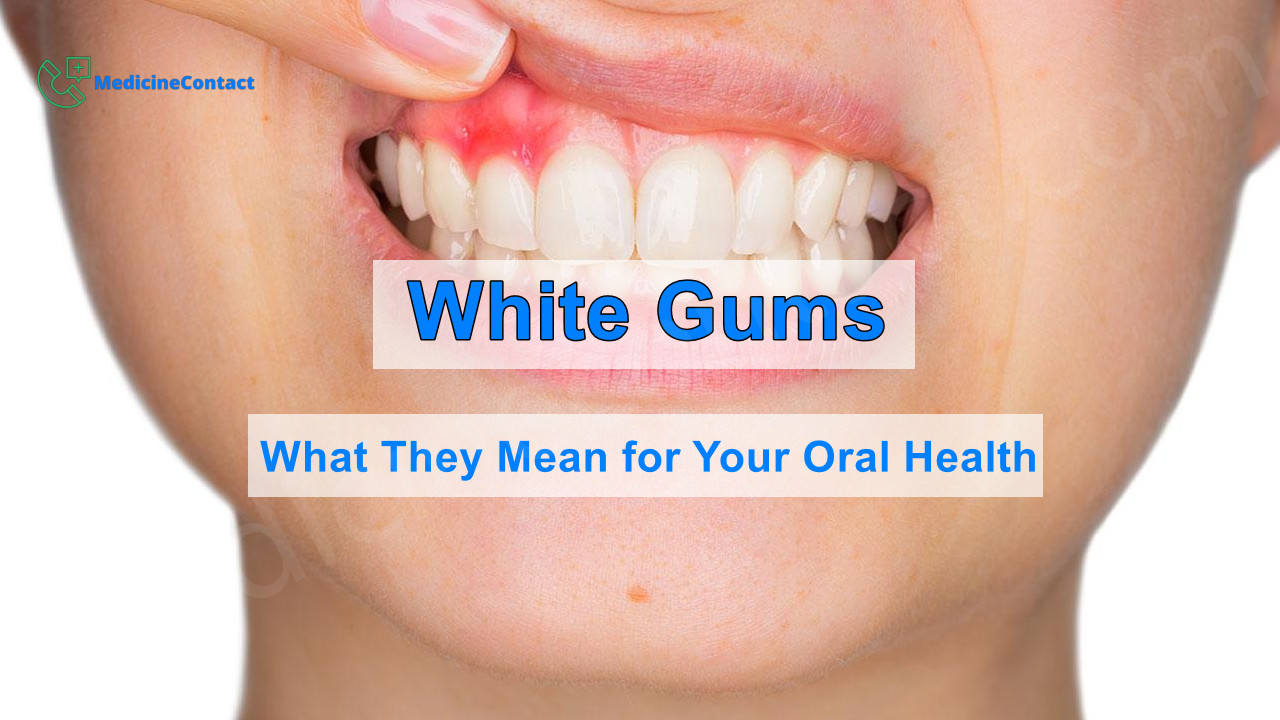
When it comes to maintaining optimal oral health, understanding the difference between plaque and tartar is crucial. Many people often wonder, "Is it tartar or am I paranoid?" This comprehensive guide will demystify these common dental concerns, helping you distinguish between the two and take proactive steps towards a healthier smile.
What is Plaque?
Plaque is a soft, sticky film that constantly forms on your teeth. It's primarily composed of bacteria, food particles, and saliva. Here are some key points about plaque:
- Colorless or pale yellow in appearance
- Forms within hours after brushing
- Can be removed through regular brushing and flossing
- Contains harmful bacteria that produce acids, leading to tooth decay
If you're asking yourself, "Is it tartar or am I paranoid?" chances are, you're dealing with plaque. The good news is that plaque is relatively easy to manage with proper oral hygiene habits.
What is Tartar?
Tartar, also known as dental calculus, is what plaque becomes when it's not removed promptly. Here's what you need to know about tartar:
- Hard, calcified deposit that forms on teeth
- Usually yellow or brown in color
- Cannot be removed by brushing alone
- Requires professional cleaning by a dentist or dental hygienist
If you're still wondering, "Is it tartar or am I paranoid?" and you notice a hard, discolored substance on your teeth that doesn't come off with brushing, it's likely tartar.
Key Differences Between Plaque and Tartar
Understanding the distinctions between plaque and tartar is essential for maintaining good oral health. Here's a comparison:
| Characteristic | Plaque | Tartar |
|---|---|---|
| Consistency | Soft and sticky | Hard and crusty |
| Color | Colorless or pale yellow | Yellow, brown, or black |
| Removal | Can be removed by brushing and flossing | Requires professional dental cleaning |
| Formation time | Forms within hours | Develops over time (days to weeks) |
Health Implications of Plaque and Tartar
Both plaque and tartar can have serious consequences for your oral health if left unchecked:
Plaque-related Issues:
- Tooth decay
- Gingivitis (early stage gum disease)
- Bad breath
Tartar-related Problems:
- Periodontitis (advanced gum disease)
- Receding gums
- Tooth loss
- Increased risk of systemic health issues
If you're constantly asking, "Is it tartar or am I paranoid?" it's important to address these concerns promptly to prevent these health issues.
Prevention and Management
Maintaining good oral hygiene is key to preventing both plaque and tartar buildup. Here are some effective strategies:
Preventing Plaque:
- Brush your teeth at least twice a day for two minutes each time
- Use fluoride toothpaste
- Floss daily to remove plaque between teeth
- Use an antiseptic mouthwash
- Maintain a balanced diet low in sugary and starchy foods
Preventing Tartar:
- Be consistent with plaque removal techniques
- Consider using tartar-control toothpaste
- Schedule regular dental check-ups and cleanings
- Quit smoking, as it increases tartar formation
Remember, if you're thinking, "Is it tartar or am I paranoid?" it's always better to err on the side of caution and consult a dental professional.
When to Seek Professional Help
While regular home care is crucial, there are times when professional intervention is necessary:
- If you notice persistent bad breath despite good oral hygiene
- When you see visible tartar buildup on your teeth
- If your gums are red, swollen, or bleed easily
- When you experience tooth sensitivity or pain
- For routine dental check-ups (at least twice a year)
Don't let the question "Is it tartar or am I paranoid?" prevent you from seeking professional advice. Regular dental visits can catch issues early and maintain optimal oral health.
Conclusion
Understanding the differences between plaque and tartar is crucial for maintaining good oral health. While plaque is a soft, removable film that forms daily, tartar is a hardened deposit that requires professional cleaning. Both can lead to serious dental issues if left unchecked.
By maintaining good oral hygiene habits, being aware of the signs of plaque and tartar buildup, and seeking regular professional care, you can keep your smile healthy and bright. Remember, if you're ever in doubt and wondering, "Is it tartar or am I paranoid?" it's always best to consult with your dentist for personalized advice and care.
Take charge of your oral health today – your smile will thank you!
Frequently asked questions about Plaque and Tartar
What is the main difference between plaque and tartar?
The main difference is that plaque is a soft, sticky film that can be removed by brushing and flossing, while tartar is a hard, calcified deposit that requires professional cleaning by a dentist.
How can I prevent tartar buildup?
To prevent tartar buildup, consistently remove plaque through regular brushing and flossing, use tartar-control toothpaste, schedule regular dental check-ups, and quit smoking.
How often should I visit the dentist to prevent plaque and tartar issues?
It's recommended to visit the dentist for check-ups and cleanings at least twice a year to prevent plaque and tartar issues and maintain good oral health.
Disclaimer: This article is for informational purposes only and does not constitute medical advice. Always consult with a healthcare professional before starting any new treatment regimen.




